Filter by
The language used throughout the course, in both instruction and assessments.
Explore the Editing Course Catalog
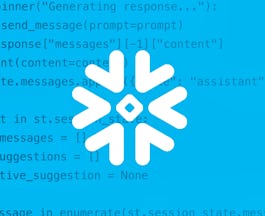
Skills you'll gain: Data Manipulation, Data Warehousing, SQL, Data Pipelines, Cloud Applications, Extract, Transform, Load, Application Development, Artificial Intelligence and Machine Learning (AI/ML), Role-Based Access Control (RBAC), Databases, Stored Procedure, Cloud Services, Database Management, Generative AI, Data Integration, Data Management
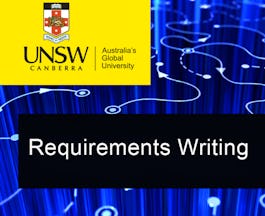

UNSW Sydney (The University of New South Wales)
Skills you'll gain: Concision, Technical Writing, Requirements Analysis, Business Requirements, Functional Requirement, Writing, User Requirements Documents, System Requirements, Proofreading, Editing, Grammar, Style Guides, Systems Engineering, Vocabulary
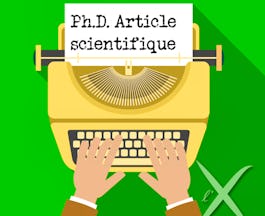

École Polytechnique
Skills you'll gain: Peer Review, Journals, Research Reports, Writing, Scientific Methods, Research, Editing, Proofreading, Document Management, Ethical Standards And Conduct
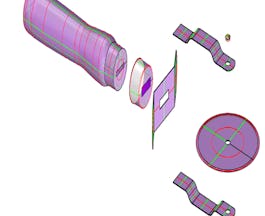

University of Michigan
Skills you'll gain: 3D Modeling, Visualization (Computer Graphics), Computer-Aided Design, Design, Graphic and Visual Design, Architectural Design


University of Colorado Boulder
Skills you'll gain: Interpersonal Communications, Proposal Writing, Verbal Communication Skills, Presentations, Proofreading, Active Listening, Constructive Feedback, Non-Verbal Communication, Editing, Technical Communication, Technical Writing, Microsoft PowerPoint, Business Communication, Communication, Public Speaking, Rapport Building, Business Writing, Team Management, Business Correspondence, Technical Management
 Status: Free
Status: Free
Coursera Project Network
Skills you'll gain: LinkedIn, Marketing Automation, Marketing, Social Media, Social Media Marketing, Application Programming Interface (API), Generative AI, Content Creation, Automation, Digital Marketing, Workflow Management
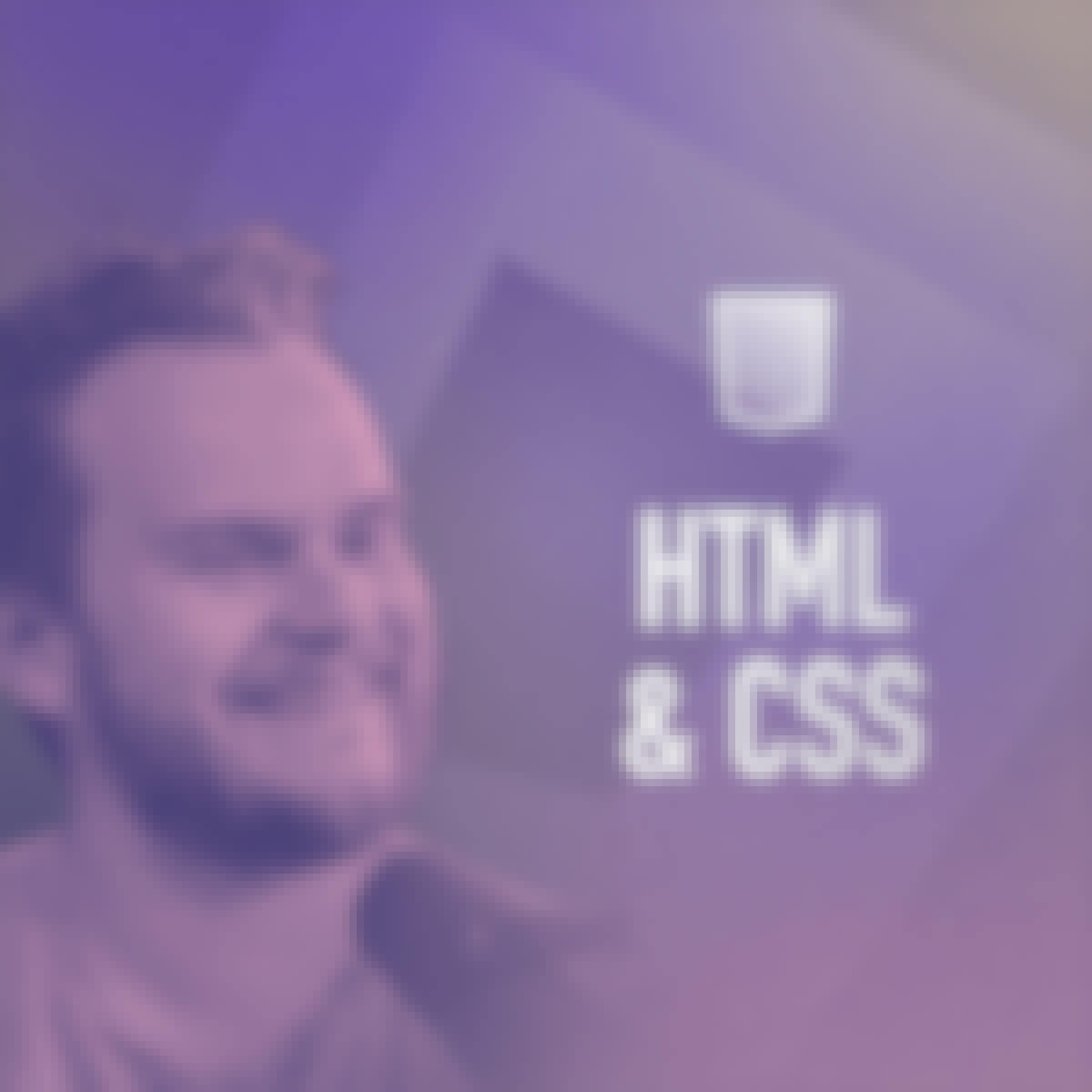

Scrimba
Skills you'll gain: HTML and CSS, Cascading Style Sheets (CSS), Responsive Web Design, Hypertext Markup Language (HTML), Software Development Tools, Development Environment, Web Design and Development, Web Development, Web Design, Application Deployment, Front-End Web Development, GitHub


SkillUp EdTech
Skills you'll gain: Google Docs, Microsoft Word, Document Management, Productivity Software, Office Administration, Editing, Microsoft 365, Writing and Editing, Writing, Technical Documentation


University of Leeds
Skills you'll gain: Version Control, GitHub, Git (Version Control System), Issue Tracking, Software Versioning, Software Development Tools, Technical Documentation, Software Documentation


Imperial College London
Skills you'll gain: Virtual Reality, Augmented and Virtual Reality (AR/VR), Computer Graphics, Visualization (Computer Graphics), Virtual Environment, Logo Design, Android Development, Computer Graphic Techniques, Interactive Design, Application Development, Graphics Software, Mobile Development, Creative Design, Linear Algebra


Coursera Project Network
Skills you'll gain: Google Workspace, Google Sheets, Organizational Skills, Spreadsheet Software, Project Management Software, Data Management, Editing, Data Visualization

Skills you'll gain: TikTok, Storytelling, Content Creation, Social Media Content, Social Media, Social Media Marketing, Algorithms, User Research, Target Audience, User Accounts, Editing, Demography
In summary, here are 10 of our most popular editing courses
- Intro to Snowflake for Devs, Data Scientists, Data Engineers: Snowflake
- Requirements Writing: UNSW Sydney (The University of New South Wales)
- Comment rédiger et publier un article scientifique (Enseignement par projet): École Polytechnique
- Introduction to 3D Modeling: University of Michigan
- Technical Communication: University of Colorado Boulder
- Make.com for Beginners: LinkedIn Post Automation With GPT-4: Coursera Project Network
- Learn HTML and CSS: Scrimba
- Get Started with Word Processing Applications: Word: SkillUp EdTech
- Working with Version Control: University of Leeds
- Advanced App Development in Android: Imperial College London












